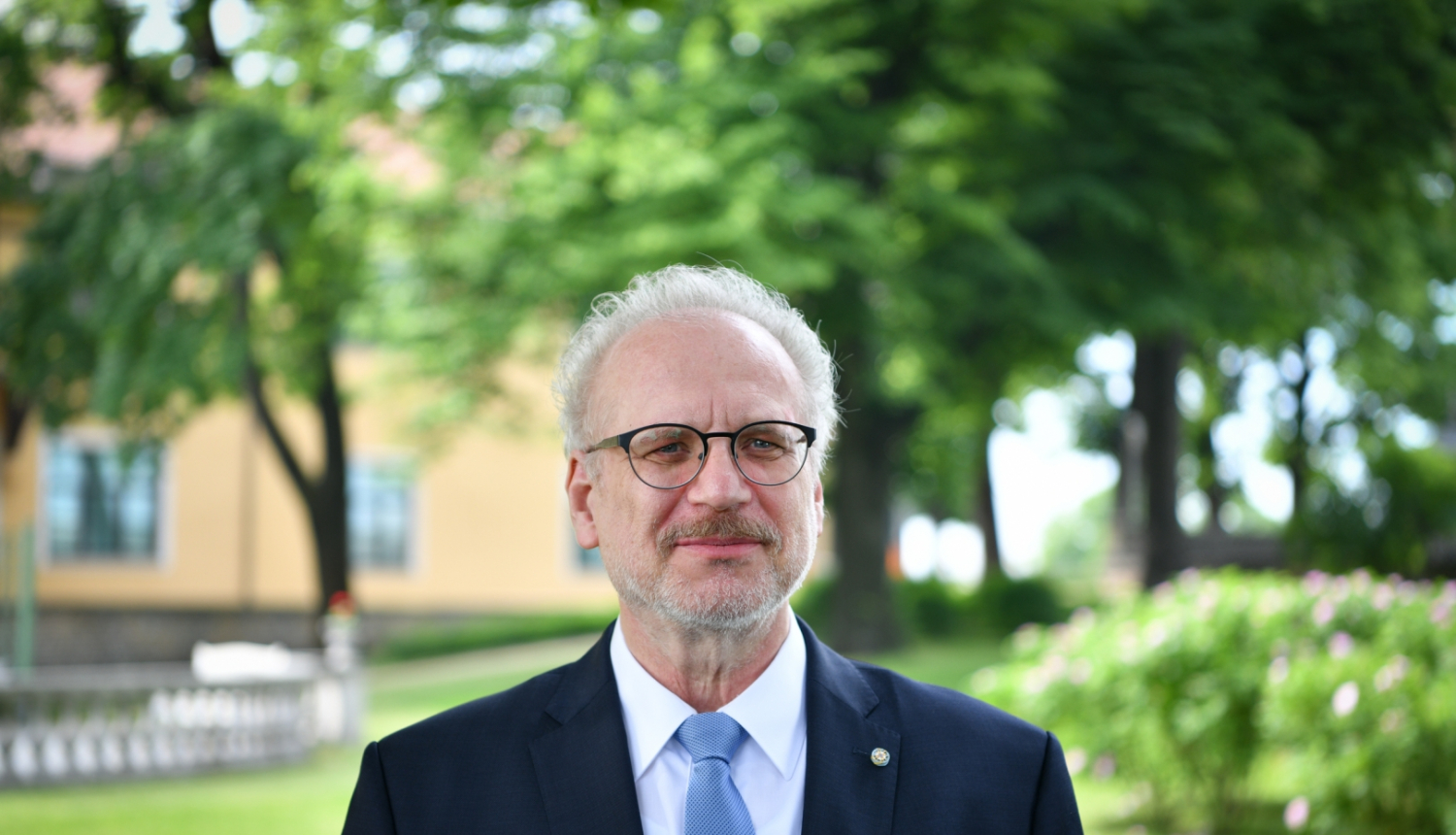Good afternoon der participants of the Finno-Ugric congress,
I
Conservation of diversity in nature and among people has become a global priority in recent years. We want diversity in terms of national languages and cultures, especially the ones on the brink of extinction that mankind has ignored for many years.
Nowadays, we appreciate every language that contributes to human ecosystem and believe that number of those speaking the language does not determine how unique or valuable in economic terms this language is.
II
Finns, Estonians and Livonians, who have inhabited the shores of the Baltic Sea since ancient times, are our Finno-Ugrian link to these languages and cultures.
Livonians, which is in terms of speakers the smallest Finno-Ugrian nation, still inhabit Latvia and form one of the core components of modern Latvian culture and language. Livonian traditions have contributed to Latvia’s unique European cultural identity.
In 2014 we acknowledged and enshrined this sacred bond in our constitution, the Preamble of Satversme of the Republic of Latvia. It is engrained in our constitution and also the Historical Lands bill.
Our Official Language Law also seeks to preserve, protect and support the development of Livonian language as the indigenous language of Latvia. Law obliges our state to take care of and protect the Livonian heritage by supporting research and promoting public awareness. However, historic justice requires us to strengthen the Finno-Ugrian elements of our past and enable more intense interactions between Finno-Ugrian and Latvian identities.
III
The home of Livonians – Latvia – is committed to taking care of its other indigenous nation.
We are working on a comprehensive horizontal policy for indigenous Livonian people. Everyone from government departments and other bodies to local governments and Livonian communities is on board.
Three years ago, as we celebrated the centenary of Latvia, we inaugurated the University of Latvia Livonian Institute, a facility dedicated to researching Livonian heritage. Latvia has become a respected partner of many global research institutes and universities.
Latvia also attaches great importance to Decade of Indigenous Languages announced by UN. We felt compelled to join the initiative by designating a Latvian delegation and Livonian representative to the steering bodies of this crucial initiative.
I am absolutely certain that Livonian renaissance has reached unprecedented heights in modern history of Latvia, largely thanks to numerous very committed, dedicated and active members of the Livonian community.
IV
Dear participants,
We have an impressive Livonian delegation taking part in this congress. It is comprised of publicly well-known figures, keepers of traditional and contemporary culture, researchers and enthusiasts of Livonian language and its preservation. This shows that despite being one of the most endangered indigenous communities in the world Livonians still have plenty of energy and will to keep going.
Despite various historical challenges and powers, and Soviet occupation that spanned five decades and wiped the last Livonian homestead on the north-western coast of Latvia off the face of the earth, Livonians continue to live on. I am truly astonished at that.
I think all nations can learn from Livonians how to nurture your own language, traditions and culture and how to ensure they continue into the future.
I think this congress is a wonderful venue for learning valuable experiences and ideas on how to maximise one’s efforts in ensuring continuity of Finno-Ugrian languages and people, as well as co-existence with and continuity of other nations, languages and cultures that belong to Finno-Ugrian and other global language families.
I hope one day this Congress will take place in Latvia, bringing Finno-Ugrian people from different places to the country which still strongly relies on its Finno-Ugrian roots.
V
I wish you lots of inspiration, courage and luck! I hope you never fade and will always be able to garner the strength necessary to come back stronger – the way Livonians living in our common home, Latvia, have done numerous times and the way Latvia Livonians, Valts Ernštreits, does, especially through his work and poetic endeavours.
Every voice, even the smallest, matters for the Finno-Ugrian community. May the voice of Livonians and Latvians always be part of the Finno-Ugrian song.
Knaššõ ja rikāzt sūomõ-ugrõd rovd mōīlma kongressõ! (I wish everyone a wonderful and inspiring Congress of Finno-Ugric Peoples!)




